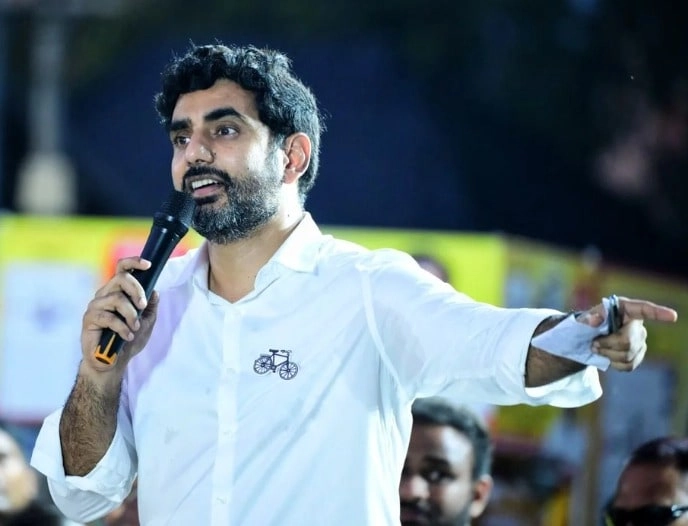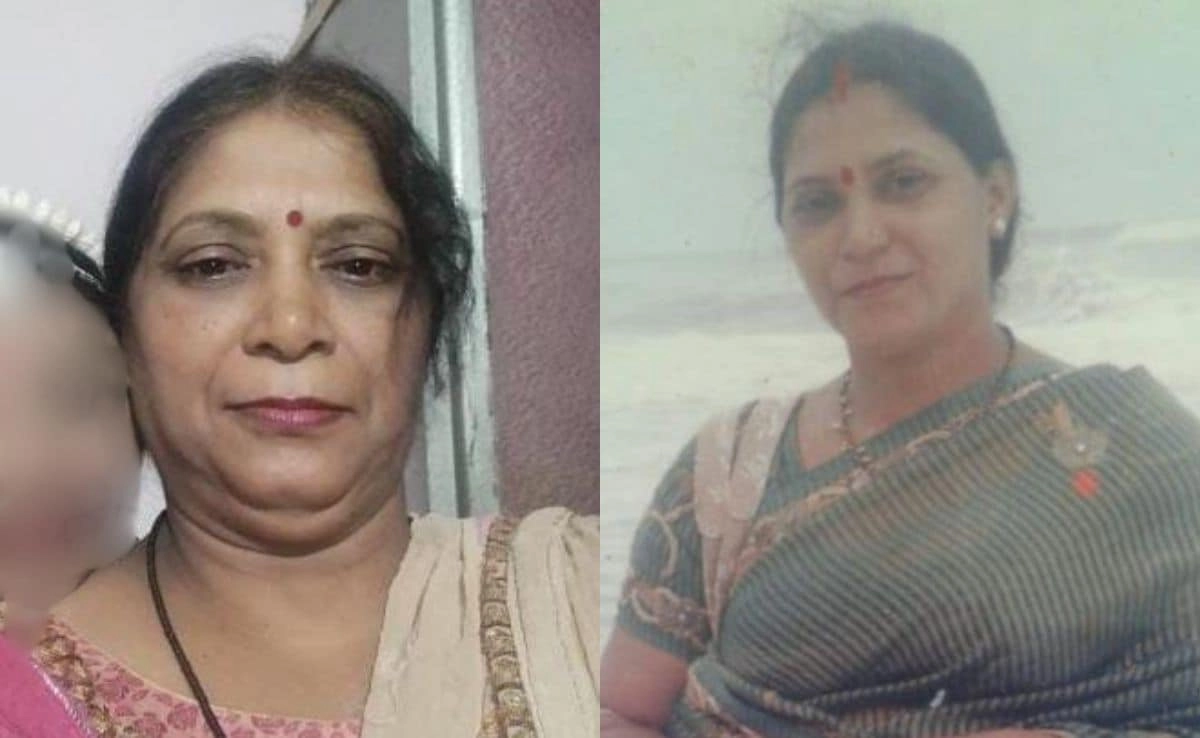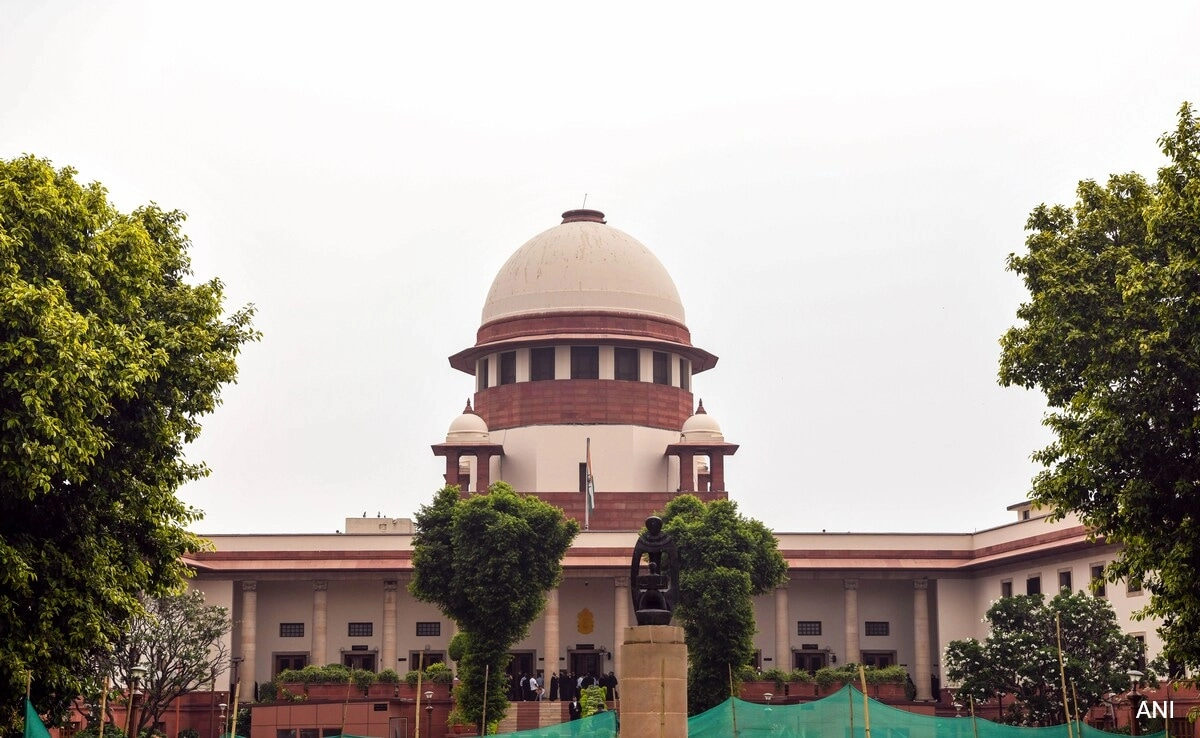The ongoing water dispute between Andhra Pradesh and Telangana has recently escalated, particularly following remarks made by Nara Lokesh, the leader of the Telugu Desam Party (TDP) and the son of former Andhra Pradesh Chief Minister N. Chandrababu Naidu. His comments have reignited tensions surrounding the utilization of the Godavari River’s resources, which have been a contentious issue since the bifurcation of the two states in 2014. The Godavari River, one of the major rivers in India, is crucial for irrigation, drinking water, and hydroelectric power generation in both states, leading to a complex web of interests that often conflict.
Lokesh’s statements have drawn sharp responses from various quarters, reflecting the sensitive nature of the water-sharing issue. He accused the Telangana government of not honoring agreements related to the distribution of water resources, claiming that the interests of Andhra Pradesh are being overlooked. This has led to renewed calls from Andhra Pradesh officials for a fair and equitable allocation of water, emphasizing the need for cooperation rather than confrontation between the two states. The comments have not only intensified the political rhetoric but have also raised concerns among farmers and stakeholders who rely on the river for their livelihoods.
Moreover, the Godavari water dispute is emblematic of broader regional tensions that have arisen since the states were carved out from a unified Andhra Pradesh. The bifurcation was driven by various socio-political factors, but it also left unresolved issues regarding resource allocation, infrastructure, and development priorities. As both states continue to grow and evolve, the competition for water resources becomes increasingly critical. The need for a collaborative approach to manage the Godavari’s water effectively is more pressing than ever, as both states face challenges related to climate change, population growth, and agricultural demands.
In light of the escalating tensions, it is essential for both Andhra Pradesh and Telangana to engage in constructive dialogue to resolve their differences amicably. Stakeholders, including farmers, government officials, and civil society, must be included in discussions to foster a sustainable and equitable approach to water management. As the situation unfolds, the focus should remain on finding solutions that benefit both states while ensuring the long-term health of the Godavari River ecosystem. Ultimately, addressing these water-sharing disputes is not just a political necessity but also a crucial step toward regional stability and cooperation in southern India.




